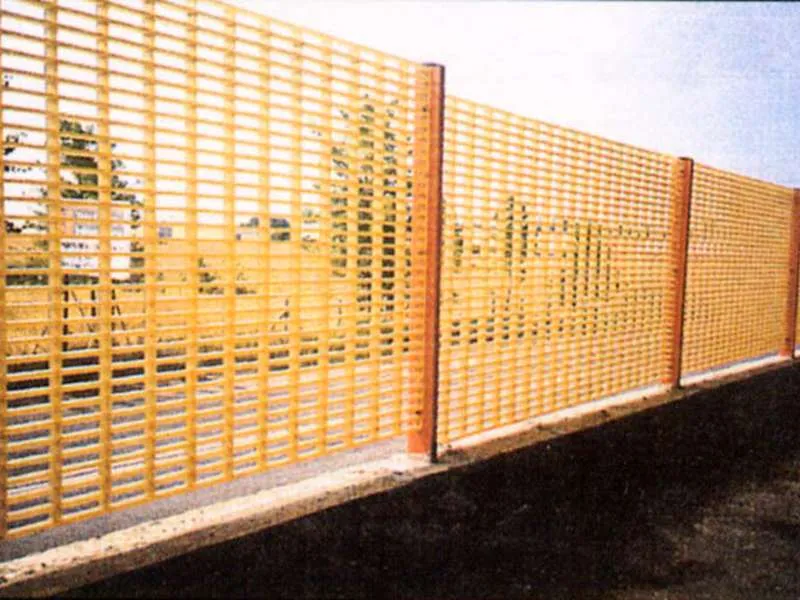
-
 Afrikaans
Afrikaans -
 Albanian
Albanian -
 Amharic
Amharic -
 Arabic
Arabic -
 Armenian
Armenian -
 Azerbaijani
Azerbaijani -
 Basque
Basque -
 Belarusian
Belarusian -
 Bengali
Bengali -
 Bosnian
Bosnian -
 Bulgarian
Bulgarian -
 Catalan
Catalan -
 Cebuano
Cebuano -
 China
China -
 China (Taiwan)
China (Taiwan) -
 Corsican
Corsican -
 Croatian
Croatian -
 Czech
Czech -
 Danish
Danish -
 Dutch
Dutch -
 English
English -
 Esperanto
Esperanto -
 Estonian
Estonian -
 Finnish
Finnish -
 French
French -
 Frisian
Frisian -
 Galician
Galician -
 Georgian
Georgian -
 German
German -
 Greek
Greek -
 Gujarati
Gujarati -
 Haitian Creole
Haitian Creole -
 hausa
hausa -
 hawaiian
hawaiian -
 Hebrew
Hebrew -
 Hindi
Hindi -
 Miao
Miao -
 Hungarian
Hungarian -
 Icelandic
Icelandic -
 igbo
igbo -
 Indonesian
Indonesian -
 irish
irish -
 Italian
Italian -
 Japanese
Japanese -
 Javanese
Javanese -
 Kannada
Kannada -
 kazakh
kazakh -
 Khmer
Khmer -
 Rwandese
Rwandese -
 Korean
Korean -
 Kurdish
Kurdish -
 Kyrgyz
Kyrgyz -
 Lao
Lao -
 Latin
Latin -
 Latvian
Latvian -
 Lithuanian
Lithuanian -
 Luxembourgish
Luxembourgish -
 Macedonian
Macedonian -
 Malgashi
Malgashi -
 Malay
Malay -
 Malayalam
Malayalam -
 Maltese
Maltese -
 Maori
Maori -
 Marathi
Marathi -
 Mongolian
Mongolian -
 Myanmar
Myanmar -
 Nepali
Nepali -
 Norwegian
Norwegian -
 Norwegian
Norwegian -
 Occitan
Occitan -
 Pashto
Pashto -
 Persian
Persian -
 Polish
Polish -
 Portuguese
Portuguese -
 Punjabi
Punjabi -
 Romanian
Romanian -
 Russian
Russian -
 Samoan
Samoan -
 Scottish Gaelic
Scottish Gaelic -
 Serbian
Serbian -
 Sesotho
Sesotho -
 Shona
Shona -
 Sindhi
Sindhi -
 Sinhala
Sinhala -
 Slovak
Slovak -
 Slovenian
Slovenian -
 Somali
Somali -
 Spanish
Spanish -
 Sundanese
Sundanese -
 Swahili
Swahili -
 Swedish
Swedish -
 Tagalog
Tagalog -
 Tajik
Tajik -
 Tamil
Tamil -
 Tatar
Tatar -
 Telugu
Telugu -
 Thai
Thai -
 Turkish
Turkish -
 Turkmen
Turkmen -
 Ukrainian
Ukrainian -
 Urdu
Urdu -
 Uighur
Uighur -
 Uzbek
Uzbek -
 Vietnamese
Vietnamese -
 Welsh
Welsh -
 Bantu
Bantu -
 Yiddish
Yiddish -
 Yoruba
Yoruba -
 Zulu
Zulu
Alternative Solutions for GRP Chemical Storage Tanks and Their Applications
The Importance of GRP Chemical Tanks in Modern Industry
In the realm of industrial storage solutions, Glass Reinforced Plastic (GRP) chemical tanks have emerged as a key player. Their unique composition and properties make them an ideal choice for storing a wide variety of chemicals and substances, providing industries with not only safety but also efficiency and longevity.
GRP, also known as fiberglass reinforced plastic, is a composite material made from a polymer matrix reinforced with fibers. The combination of these materials results in a product that is resistant to corrosion, has high tensile strength, and is lightweight compared to traditional materials like steel or concrete. These characteristics make GRP chemical tanks a preferred option for industries that handle aggressive chemicals, such as those in the chemical, wastewater, and oil and gas sectors.
The Importance of GRP Chemical Tanks in Modern Industry
Moreover, GRP chemical tanks are designed for superior durability. Unlike traditional tanks, they are less likely to suffer from issues such as rust, which can compromise their functionality. The smooth interior surface of GRP tanks reduces the likelihood of sediment buildup, making them easier to clean and maintain. This durability translates to a longer lifespan, lower maintenance costs, and ultimately, improved efficiency for businesses relying on these storage solutions.
grp chemical tank

Another notable benefit is their lightweight nature. GRP tanks are significantly lighter than their metal counterparts, which simplifies installation and transportation. This property can lead to reduced labor costs and shorter construction timelines, providing businesses with a practical advantage. Furthermore, lighter tanks can often be installed in locations that would be unsuitable for heavier tanks, offering increased flexibility in site design and operation.
In addition to their practical benefits, GRP chemical tanks are also more environmentally friendly. The manufacturing process for GRP reduces the carbon footprint when compared to more traditional materials, and their significant lifespan means fewer replacements and repairs are necessary over time. This sustainability aspect is becoming increasingly important to industries striving to reduce their environmental impact and meet regulatory requirements.
Safety is paramount in any industrial setting, and the design of GRP tanks reflects this principle. Many GRP tanks can be fabricated to include features such as double-walled construction and leak detection systems, further enhancing their safety profile. The ability to design tanks for specific pressures and temperatures also makes them adaptable for a vast range of applications.
In conclusion, GRP chemical tanks represent a significant advancement in the field of industrial storage. Their exceptional corrosion resistance, durability, lightweight properties, and eco-friendliness provide a comprehensive solution for the challenges faced by modern industries. As the demand for safe and effective chemical storage continues to grow, GRP tanks will likely play an increasingly central role in ensuring that these needs are met, contributing to both operational efficiency and environmental sustainability in various sectors. As industries evolve, embracing innovations such as GRP tanks will be essential for maintaining safety and enhancing productivity in chemical storage and processing.









